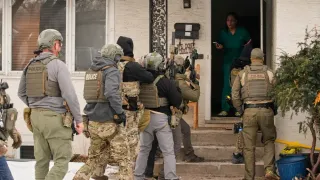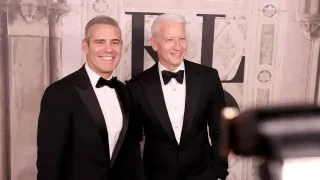October 13, 2020
Atlanta Man Dies After Attending Sunday Circuit Party at Gay Club
Kevin Schattenkirk READ TIME: 1 MIN.
An Atlanta man who lost consciousness in a gay club early Sunday morning has died, 11 Alive reports.
Police were called to the gay club BJ Roosters around 7 a.m. They arrived to find paramedics already in the club's basement, where the man fell unconscious, attempting to revive him. He was pronounced dead at Piedmont Hospital approximately 40 minutes later. Police said that while an investigation is still being conducted, and that the man had taken ecstasy, no foul play is suspected.
BJ Roosters was hosting a gay circuit party in their basement Xion – an event hosted by Ga Boys Events, which Atlanta Pride has said is unaffiliated with their organization – from 3 a.m. to 7 a.m., which was already drawing ire for its extremely unsafe conditions, with patrons at risk of contracting the COVID-19 virus. Figures such as openly gay "Big Brother" Season 15 winner Andy Herren and social media influencer Tyler Oakley have commented:
As The Advocate notes, Georgia has allowed bars to open under State guidelines requiring appropriate safety precautions such as reduced capacity and having patrons seated when at all possible. Organizers of events with a capacity of over 50 people are required to ensure Social Distancing guidelines.






